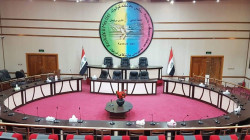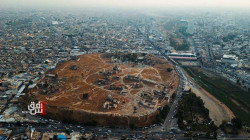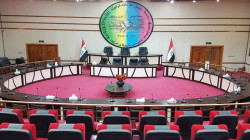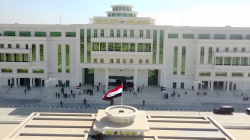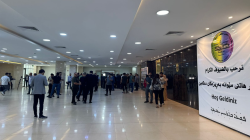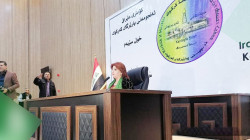Arab council member questions the legitimacy of Kirkuk's new governor
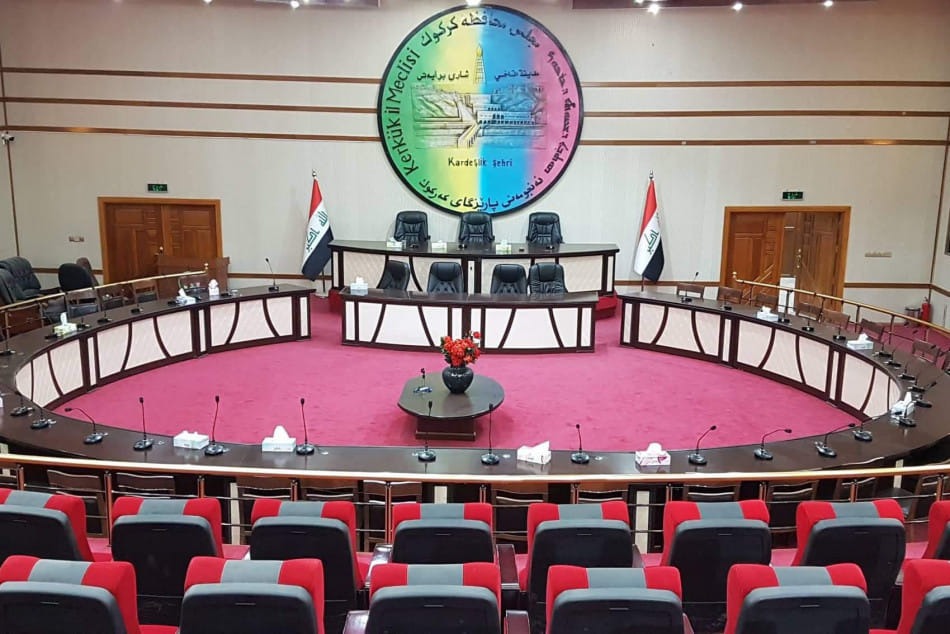
Shafaq News/ An Arab member of the Kirkuk Governorate Council on Monday voiced rejection of the formation of an "illegitimate and exclusionary" government following the "unilateral" selection of a new governor to the multi-ethnic governorate.
Salwa Al-Mufraji, an Arab member of the Kirkuk Governorate Council, voiced strong disapproval over the recent developments. "What happened is the formation of a unilateral government that does not represent Kirkuk's winning components," she said in a statement to Shafaq News Agency on Monday.
The disagreement centers around a recent session, which, according to al-Mufraji, was conducted without proper notice or participation from all key political groups. "The Arab bloc, with its six members, along with the Kurdistan Democratic Party (KDP) and the Turkmen Front, refused to hold a one-sided session and marginalize the other side," she added.
The session resulted in the election of Ribwar Talabani from the Patriotic Union of Kurdistan (PUK) as the governor of Kirkuk, with Ibrahim Muhammad al-Hafidh from the Arab component selected as the chairman of the council. However, Al-Mufraji and her allies contest the legitimacy of the session and its outcomes.
"We categorically reject any results based on an illegal session and are awaiting the position of the administrative and federal courts to rule on the legality of the session," al-Mufraji stated.
The Kurdistan Democratic Party, led by Masoud Barzani, has also denounced the new local government, labeling the session in Baghdad that led to its formation as "illegal" and "fraught with problems."
The governorate of Kirkuk, historically disputed between Iraq's federal government and the Kurdistan Regional Government (KRG), held its first provincial election since 2005 on 18 December 2023. Despite the Independent High Electoral Commission (IHEC) confirming results on 21 January 2024, the Kirkuk Governorate Council struggled to achieve a quorum and elect a local government responsible for providing public services and security. Last month, Iraqi Prime Minister Mohammed Shia al-Sudani took the matter into his own hands and gave the council members a one-month ultimatum to convene and break the deadlock.
Under the Governorate Council's Elections Law No. 12 of 2018, power shall be distributed in a fair representation that ensures the participation of the components, regardless of the election results, as stated in Article 35 specific to Kirkuk.
This exclusion escalates ongoing tensions in Kirkuk, which remains the only Iraqi governorate yet to finalize its government more than seven months after the December elections, as it grapples with its complex ethnic makeup and history of demographic shifts.
The contested status of Kirkuk and neighboring territories is the heritage of unresolved issues outlined in Iraq's permanent constitution. Article 140 outlines mechanisms for resolving disputes over territorial control, yet implementation has stalled since 2007, fuelling ongoing discord.
